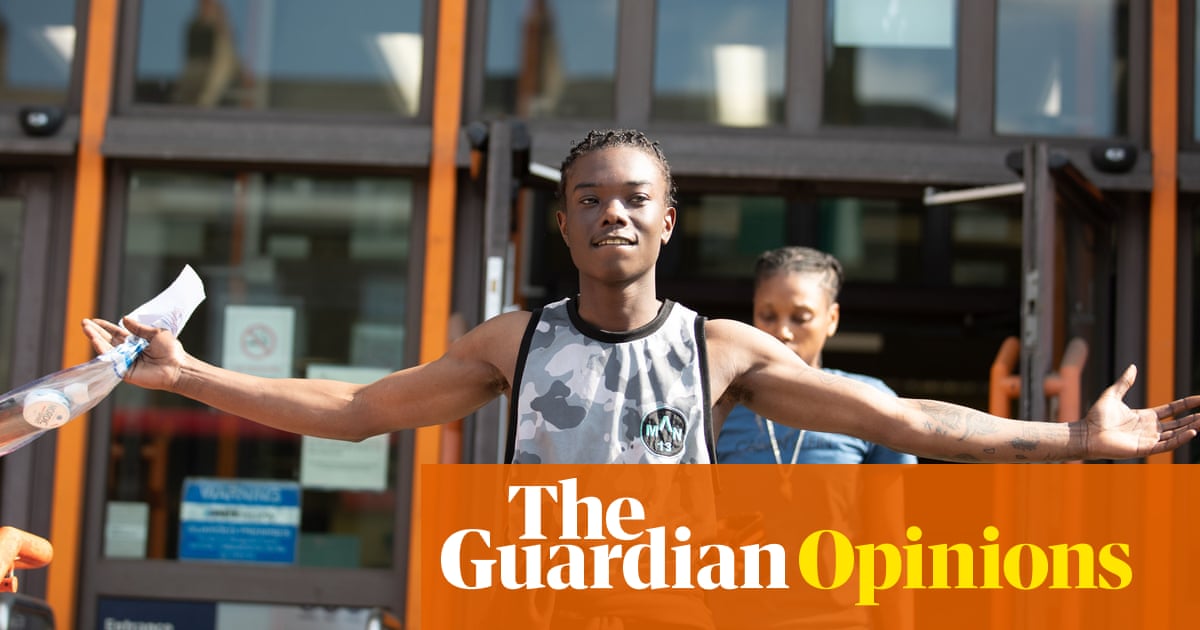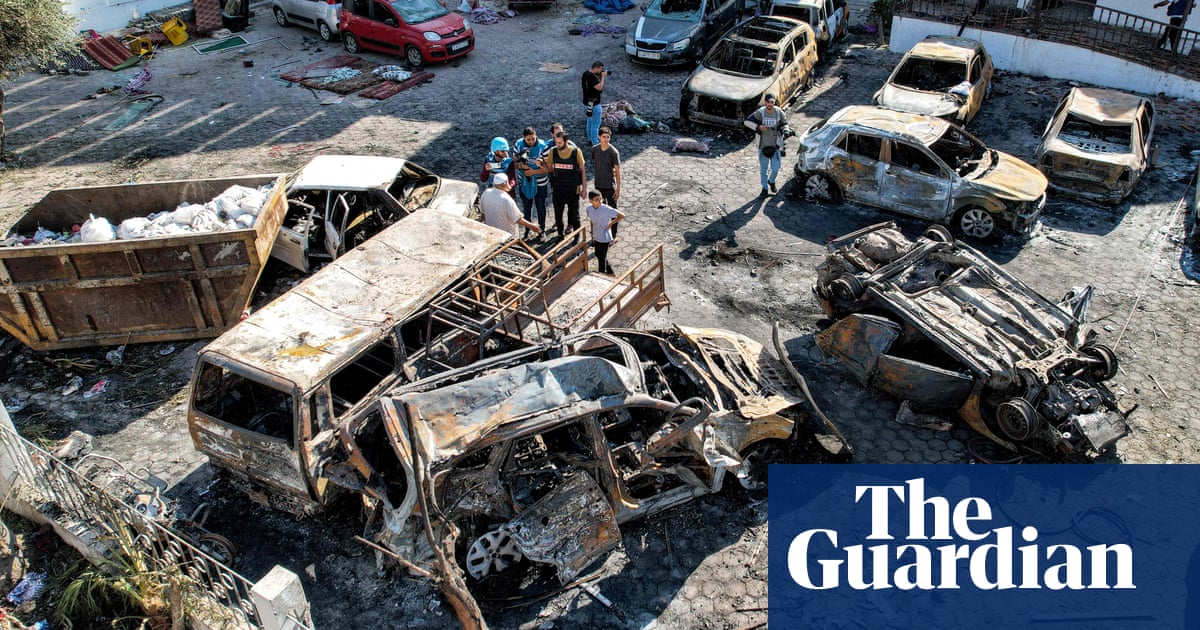
or the sake of our loved ones and for all those going out to keep essential services running, Britain must fast become a nation of social distancers. Like many, I suspect, while trying to work from home I’ve been bingeing upon on-demand television. Craving mindless escapism, I decided to give Netflix’s new reality dating show, Love Is Blind, a go.
I started off quite intrigued by what appeared to be an alluring cross between Blind Date and Big Brother. The premise of the show drops 30 attractive singletons from Atlanta into a blind-dating facility, with the men living in communal space on one side of the building, the women on the other. The only contact they have with each other is in “pods”; two rooms filled with plush sofas, separated by an opaque glass wall.
Advertisement
The contestants spend 10 days “dating” each other in these pods, without ever being able to see the physical appearance of their date. The barely there presenters pop up occasionally to lecture them about the groundbreaking “experiment” they are taking part in that is going to answer the question (cue serious look) “Is love blind?” But there is a twist: “Here, you will choose someone to marry, without ever seeing them.”
We spend two episodes watching earnest dates in which people who are tired of a shallow swipe-left dating culture strike up deep conversations, scribbling in notebooks as they go along. Ignore the fleeting mention of the M-word, and you are initially lulled into thinking this worthy series is all about getting past the superficial. Then, halfway through the first episode, a caption flashes up. “Day 2 of experiment. 36 days until weddings”. Wait, what?
Coronavirus: the week explained - sign up for our email newsletter
Read more
There’s no more information at that stage; rather, the contestants’ journey to the altar is only gradually revealed. Couples who get engaged to each other in the pods after just a few hours’ contact get to meet face to face on camera, before getting whisked away to a luxury honeymoon-style retreat in Mexico.
After that, they return to Atlanta to move into blandly decorated flats together, introduce their fiances to their families, plan their weddings, and go on group hen and stag parties. It all culminates in a series of cliffhanger weddings where we – and they – have no idea whether their other half will say “I do” in front of friends and family. Cue high-drama scenes of brides running out of the wedding venue sobbing when (shocker) only a couple of couples make it.
About halfway in, the series starts to feel like it is exploiting some deeply unhappy, vulnerable people
Netflix probably thinks it has struck gold with this Frankenstein format that borrows bits and pieces from other reality shows. But I grew increasingly uncomfortable as the series progressed. About halfway in, it starts to feel like it is exploiting some deeply unhappy and vulnerable people. Alcohol plays a starring role: the glasses of wine gulped by contestants seem to get bigger with each episode. By the time we get past Mexico, we are regularly watching insecure people get drunk on screen as they contend with marrying someone they’re not really in love with. Worst of all is the excruciating reunion episode in which some participants, looking traumatised by what they went through, cry on screen as they share their experiences of receiving social-media hate, in real time, when the episodes dropped a year after filming. Meanwhile, the hapless presenters pretend to play the role of therapist.
Of course, it’s not just Love Is Blind: reality television has had some infamously sick moments, such as when an Indian version of Big Brother screened Jade Goody being told the news that she had cervical cancer while in the “diary room” six months before she died. When such programmes run on national channels, there is far more accountability to viewers, whether through debate in the media, chats in the office or the public writing into platforms such as Points of View.
Netflix, with its segmented audiences, faces very little of that, and it shows. One participant has described the show as “psychological warfare”, and claimed she had a conversation with producers about leaving but “wasn’t able to do that”. All there has been in response is a denial that contestants were “forced” to do anything. It doesn’t feel like public pressure will lead to Netflix or the producers changing things, as Love Island did after early series were marred by boozing, bullying and the subsequent suicides of two former contestants. Love Is Blind feels even less responsible than the earliest incarnations of Love Island.
"An ethical nightmare": how coronavirus turned Big Brother into a house of horrors
Read more
Netflix also stands accused of flouting basic standards of safety and decency in other genres. Its drama Thirteen Reasons Why – which had graphic scenes of a teenager killing herself that were removed two years after its release – has been deplored for glamorising suicide. The true crime miniseries Don’t F**k With Cats has been accused of glorifying the actions of a serial killer while paying little heed to victims. Netflix may have produced some stellar programming in recent years, but it has also appears to have churned out some seriously ethically questionable content.
Last week proved a powerful illustration of why a national broadcaster such as the BBC is so important: in a crisis, it has rallied to reorganise its programming to inform, home school and reassure the nation.
As ITV and Channel 4 respond similarly, it seems likely viewing figures for live television, a supposedly dying medium, will continue to rocket as we seek news and entertainment designed for collective consumption. That will be quite the pull factor but, as social distancers explore corners of the on-demand catalogue they might not otherwise have bothered venturing into, I do wonder whether there will be something of a push factor too.
•Sonia Sodha is an Observer columnist












